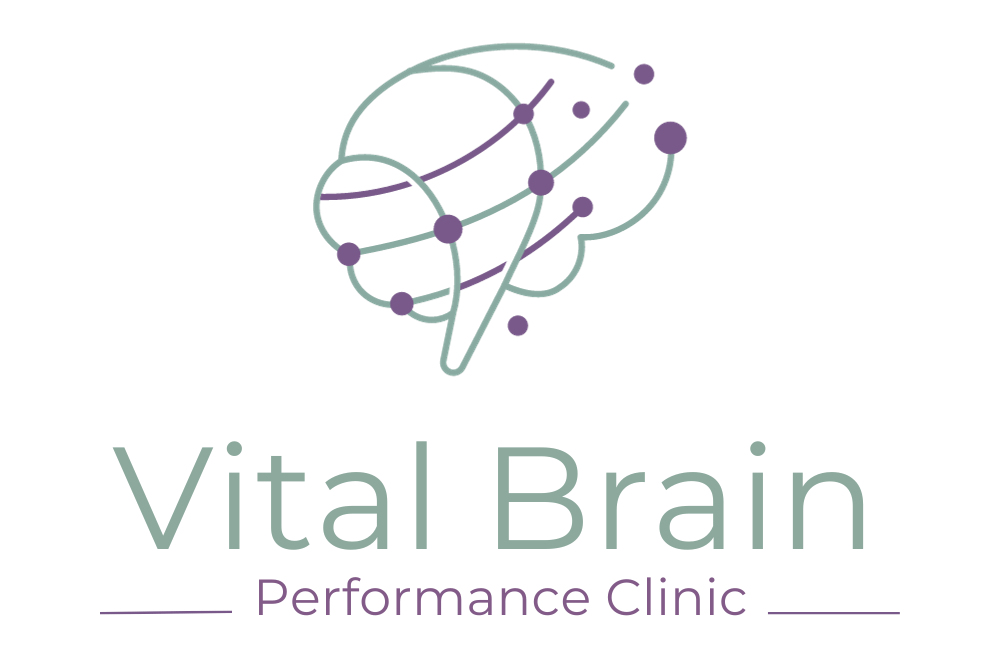Attachment Disorder is a complex condition that can significantly impact a child’s emotional and social development. While traditional therapies like psychotherapy and family therapy are often the first line of treatment, exploring alternative treatment for attachment disorder may offer additional support and improve outcomes.
Key Symptoms and How Alternative Treatment for Attachment Disorder Can Help

Attachment Disorder refers to difficulties in forming and maintaining healthy emotional bonds with caregivers. Children with this disorder may exhibit a range of symptoms, including:
- Inhibited Type: These children may appear withdrawn, avoidant, or emotionally detached from caregivers.
- Disinhibited Type: These children may display indiscriminate affection towards strangers, exhibiting inappropriate levels of familiarity.
Alternative treatment for attachment disorder can address these challenges by:
- Reducing Anxiety and Stress: Many alternative therapies aim to reduce anxiety and stress levels, which can significantly impact a child’s ability to form secure attachments.
- Improving Emotional Regulation: Techniques like neurofeedback can help children better understand and regulate their emotions, leading to improved social interactions and healthier relationships.
- Supporting Overall Well-being: By addressing underlying physical and emotional imbalances, alternative therapies can support overall well-being and create a more stable foundation for healthy attachment.
Exploring the Benefits of Neurofeedback and Nutritional Therapy for Children with Attachment Disorder
- Neurofeedback: This non-invasive technique uses brainwave monitoring to help children learn to self-regulate their brain activity. By providing real-time feedback, neurofeedback can help improve attention, reduce anxiety, and enhance emotional regulation, all of which are crucial for building healthy attachments.
- Nutritional Therapy: Addressing nutritional deficiencies and imbalances can significantly impact a child’s overall health and well-being. Nutritional therapy may involve dietary modifications, supplementation, and personalized nutrition plans to support brain development and optimize cognitive function.
It’s important to note that alternative treatment for attachment disorder should always be considered as part of a comprehensive treatment plan that may also include traditional therapies such as psychotherapy and family therapy.
If you are concerned about your child’s emotional development or suspect they may be struggling with Attachment Disorder, please consult with a qualified mental health professional.
Contact Vital Brain Performance Clinic today to schedule a consultation and explore how alternative treatment options can support your child’s emotional and social development.




